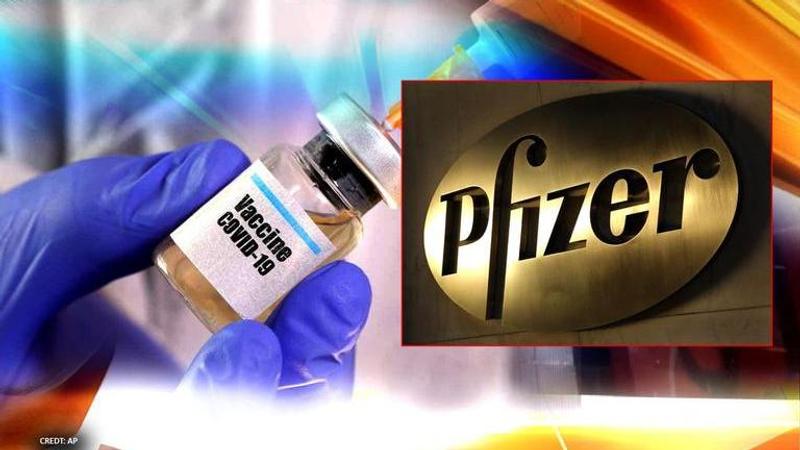Published 17:26 IST, November 10th 2020
Pfizer's COVID-19 vaccine won't be available at local pharmacy anytime soon; here's why
Pfizer-BioNTech COVID-19 vaccine showed more than 90 per cent efficacy in preventing coronavirus and now the two companies are working to distribute the drug.

Pfizer-BioNTech COVID-19 vaccine showed more than 90 per cent efficacy in preventing coronavirus and now the two companies are working to distribute the experimental drug. However, the potential coronavirus vaccine will not be coming to local pharmacies for the general public any time soon. While the coronavirus infections recently passed the grim milestone of 50 million cases, American pharmaceutical company Pfizer said on November 9 that the interim analysis of its vaccine produced along with German partner BioNTech group has shown promising results.
Now, the two companies first need to get regulators to sign off on the shot before it can start shipping dispatching to those states which are considered most in need. But the vaccine’s super-cold storage requirements are an obstacle for even the most developed hospitals in the United State and may impact when and where it is available in rural areas or poor countries where resources are tight. According to reports, the main issue is that the potential vaccine needs to be kept at minus 70 degrees Celsius or below.
The cold storage requirements could delay the American pharmaceutical’s ability to reach rural healthcare systems and nursing homes or less wealthy nations, which may not have the funds for the refrigeration units. Ultra-cold freezer supplies are already limited as hospitals are scrambling to stock up. Some US states have also said that they have a shortage of ultra-cold freezers.
States scramble to stock up ultra-cold freezers
According to public documents that states filed with the US Centres for Disease Control, New Hampshire has purchased ultra-cold freezers and like other states is lobbying with the Trump administration for additional funds. California has also said that the refrigerator supplies are limited and roughly half of the states’ health departments are looking in to purchase or leasing additional cold storage supplies.
Without the appropriate equipment, doctors will have a dilemma, whether to store vaccines in standard refrigerators and deploy all 975 does in each Pfizer vaccine container or restock them with dry ice and open them only twice a day to extend the vaccine’s life span. California has also proposed building a distribution network of ultra-cold freezers to reach underserved areas around the state.
Updated 17:24 IST, November 10th 2020



